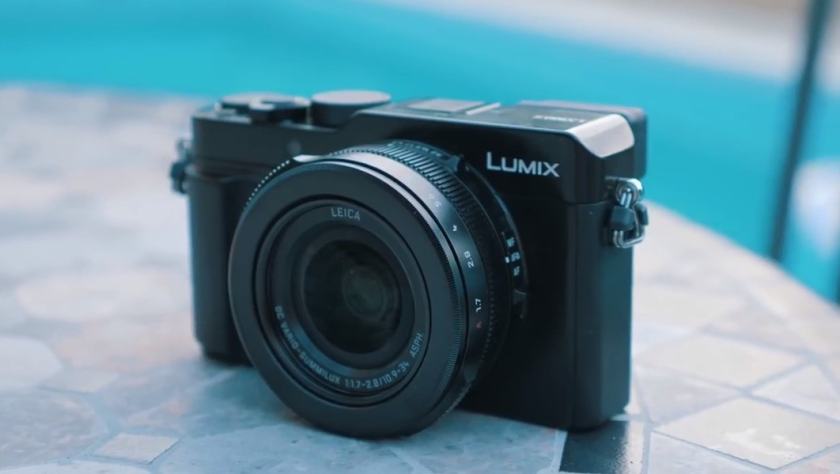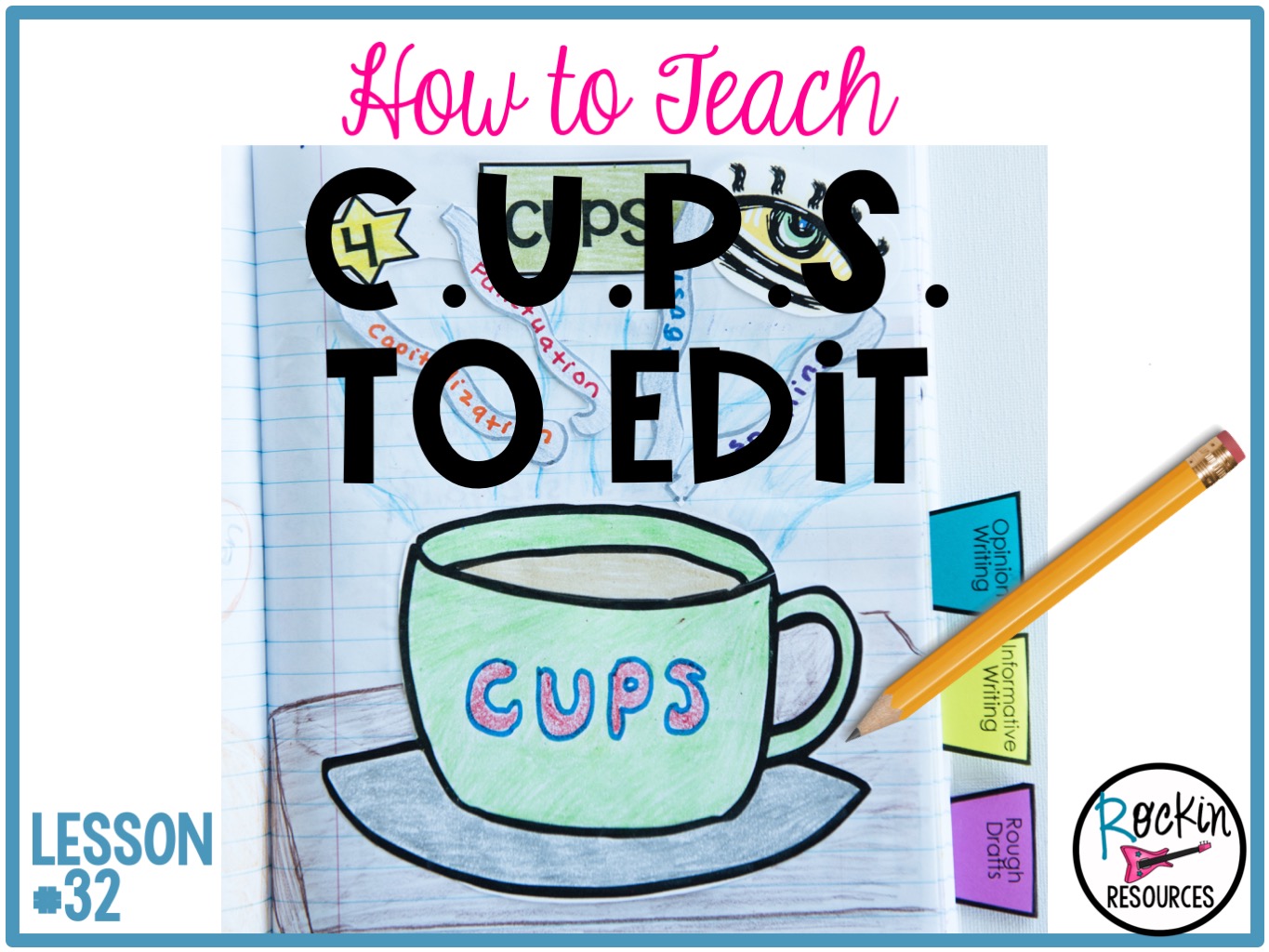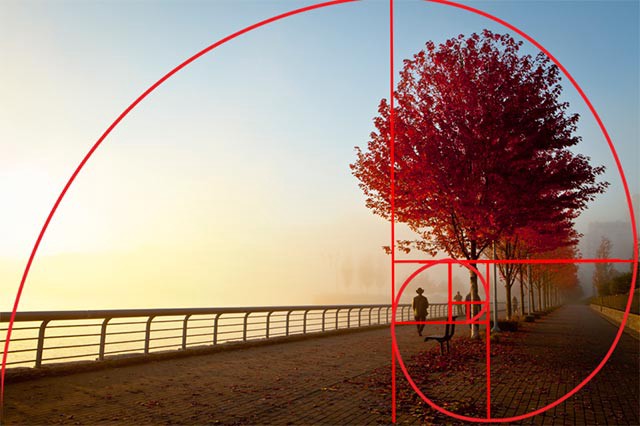
Photography is something you can learn from professionals or amateurs. One way to learn more about photography is to read inspirational quotes. These inspirational quotes can be found online or in printed matter and can be a great tool to improve your craft.
It is important to learn the most important tips to improve your photographic skills. You need to be able to communicate with your subject and understand their needs before you can take their picture. Also, you want to capture the right mood in your photograph. This can be achieved by changing your perspective.
The best photos are beautiful and interesting to look at. Photography is an art of seeing the world differently. The difference between a good and mediocre shot is how you see things.

The best photos also feature the most inspiring backgrounds. You should include a photograph of the actual location. Large landscapes such as lakes and rivers are often the best. Also, you will want to include rocks, trees, or other elements that give your photograph more character.
The best thing about using a camera to capture what you see is to make the best out of it. Your camera is likely to be your best friend in the hobby of photography. You're likely to have seen several interesting lighting situations before.
While you're there, be sure to take a look through some of the greatest photography quotes ever. Some of the most interesting ones are those that speak to the best practices in the art of photography. These are some of the best practices that can be applied in real life.
Photography quotes that make you think are the best. These quotes could be as simple as a quote on paper or as big as a T-shirt. They are also great for motivating yourself to improve your photographic skills.

The best quotes in photography will inspire you as well as serve to set an example for your own work. You'll be amazed at how much your efforts compare to those of the best. This will make it easier to improve your photography skills.
The best photography quotes can be used to remind you to slow down, take your time and enjoy the natural world around. These are small tasks, but they are crucial. You'll discover your true passion in these moments, and you might even learn to appreciate photography as it truly is.
FAQ
How can I be a great photographer?
Photography is an art form that requires practice, patience, dedication, and above all else, passion. Passionate about photography will make you do better than if it was just for the money.
You must learn how to use your digital camera correctly. You need to be able to comprehend composition, lighting, exposure, depth-of-field, and other aspects of photography. A basic understanding of Photoshop is essential.
Photography can be difficult but once you get the hang of it, it's a rewarding art form that allows you to capture moments in time that otherwise would have gone unremembered forever.
You can learn more by reading books, taking classes, or participating in competitions if you are looking to improve your skills. This will give you experience and confidence that will help you improve. What equipment will I need?
It all depends on what type photography you do. You will need a wide angle lens if you want to photograph landscapes.
If you are into portrait photography, you must invest in a telephoto lens.
A tripod is essential when taking photographs. A tripod allows you to stand still and compose your photograph without having to move.
Camera bags are great for carrying your accessories, such as memory cards and cameras.
If you have a compact digital camera, a flash unit will be necessary.
A DSLR (Digital Single Lens Reflex), camera is the best choice for novice photographers who wish to create professional-quality images.
DSLRs are popular because they allow you to control every photo aspect, including shutter speed, aperture, ISO sensitivity, white balance, focus, and more. A variety of features are available such as autofocus and auto-exposure locks, bracketing, self-timer, and RAW formatting.
What Camera Should You Get?
It all depends on your goals and what type of photographer you are. A basic point and shoot camera is enough if you are just starting.
However, once the basics are mastered, it's likely that you will want more advanced features. The decision is yours.
Here are some things to consider before purchasing a camera.
-
Features: What features do I need? Do you plan to use manual settings, autofocus, or both? How many megapixels do you have on your camera? Is there an optical viewfinder?
-
Price: How much money are you willing to spend? Do you plan to update your camera every other year?
-
Brand: Is it possible to be happy with your brand choice? There is no reason you should settle for less.
-
Functionality: Can you use your camera in low light situations? Do you have the ability to take high-resolution pictures?
-
Image Quality: How clear, sharp, and crisp are your images.
-
Battery Life: How many charges will your camera take to run out?
-
Accessories: Do you have the ability to attach flashes, additional lenses, and so forth? ?
Is digital photography hard?
Digital photography can be difficult. Learning how to properly use the tools takes effort and time. It is important to be familiar with the settings that are best for each type of shot. Experimenting is the best way of learning. Practice makes perfect.
Statistics
- In this case, 100% of readers who voted found the article helpful, earning it our reader-approved status. (wikihow.com)
- By March 2014, about 3 million were purchased monthly, about 30 percent of the peak sales total. (en.wikipedia.org)
- Get 40% off Adobe Creative Cloud(opens in new tab) (creativebloq.com)
- While I cannot prove that all of those spots were not sensor dust, the photo was taken during a heavy snowstorm…so I guess that 99.8% of the spots are snowflakes. (bhphotovideo.com)
External Links
How To
What are the requirements to be a good photographer?
Basic skills for any job in photography include artistic ability, technical knowledge, and business acumen.
Technical knowledge includes understanding exposure, camera functions, lens type, film speeds, and developing techniques.
Understanding composition, lighting, and poses is essential to artistic ability. You also need to know how to use Photoshop and other editing software.
Business acumen covers budgeting, scheduling, time management, and dealing with clients.
If you want to become a professional photographer, then you should have an interest in photography from a young age.
Learn about photography online, at school or in college.
You will also find many books on photography that can help you.
As well to learning about photography, it is important to develop your own style.
This will allow your to stand out in this field.
Photography has evolved over the years. In the past there were cameras like the Kodak Instamatic camera or Polaroid instant cam.
Digital cameras have become more popular today than ever. Photographers these days use smartphones to take pictures.
You can get a smartphone that captures high-quality pictures, but if photography is your passion, you must invest in a DSLR camera (Digital Single Lens Reflex).
You can control every aspect of your photos with a DSLR including shutter speed (speed), aperture, ISO sensiblity, white balance and focus.
These features can be used to create amazing photographs and other effects.
These controls can be used to change the mood of your photo.
A fast shutter speed can make your subject appear blurry, for instance.
You can make them appear like they're moving by increasing light into the camera.
The scene can also be adjusted to change its mood by changing the color temperature.
To give the image a warmer feeling, increase the red content if there is a lot of blue light.
It may be difficult at first to determine which direction your camera should point.
But once you grasp the basics, it won't be so difficult.
It is actually much simpler than you might think.
The first time you start out, you'll probably only be able to shoot landscapes and close-up images of objects.
Don't worry; you will learn to capture everything, from portraits to abstracts.
Once you are proficient in the basics, you will be able to move on to more difficult subjects.
Here are some tips to help you get started:
-
Select a location that is convenient. Pick a place where you can be relaxed and enjoy yourself.
-
You should find something that is interesting to photograph. Photograph unusual or rare objects.
-
Practice pictures are important. Practice makes perfect!
-
Try different angles. Different angles are best depending on what goal you're trying to reach.
-
Use different lenses. Different lenses provide different perspectives.
-
Try shooting in low-light conditions. Photographing in bright sunlight can prove difficult.
-
Practice framing the shot. Photographing an image is not complete without framing.
-
Learn how to use your camera settings. It is a great way to improve your photography skills by experimenting with the settings of your camera.
-
Keep learning new techniques. Photography is a vast subject. Visit local galleries, museums, libraries, and other venues to find out more.
-
Read magazines and books. Everything you need to know about photography can be found in books and magazines.
-
Join a club. Photograph clubs often host events that encourage members sharing their work.